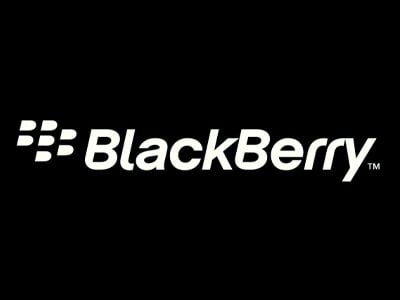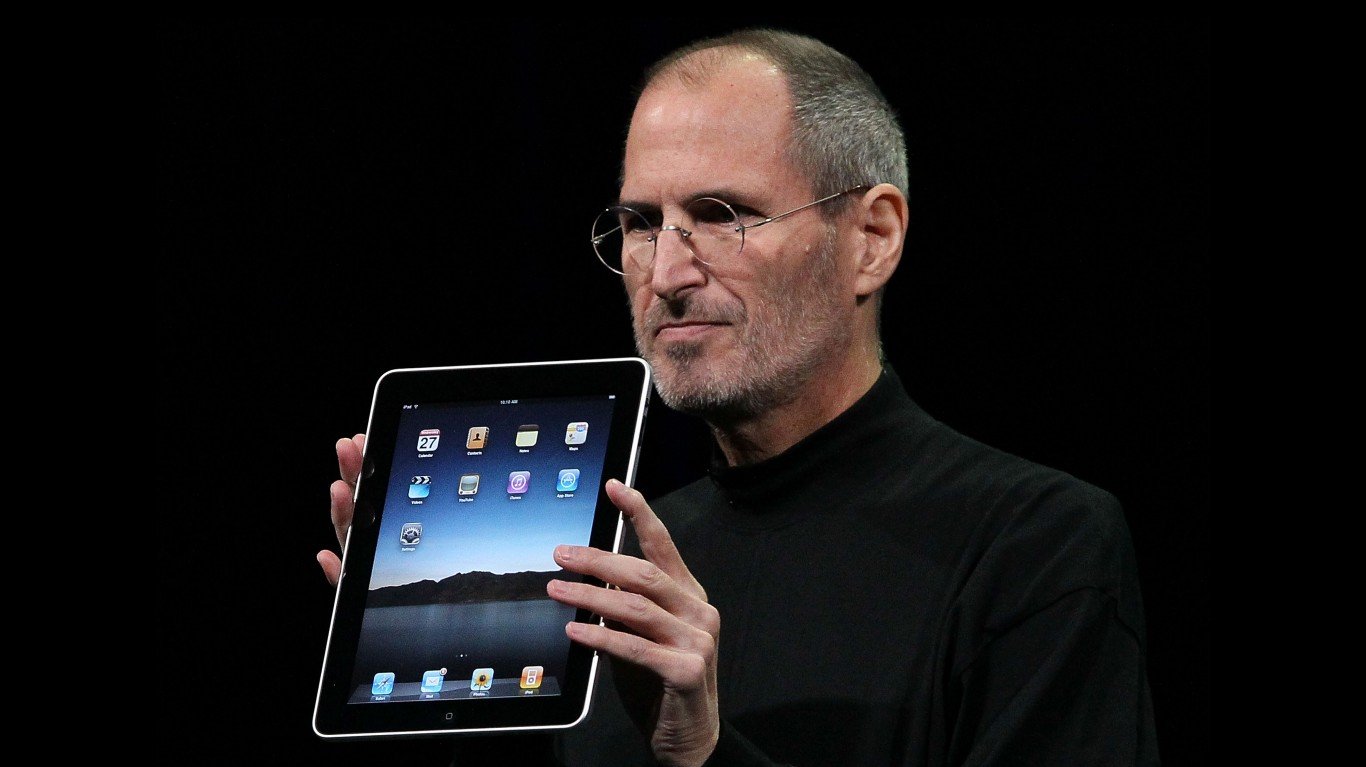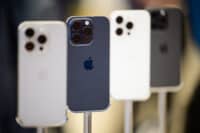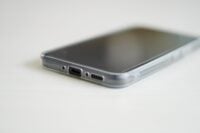
Source: Wikimedia Commons
The first of the Foxconn designed and built devices was introduced in Indonesia last week and the response was lukewarm. BlackBerry’s market share in Indonesia was 25% in the first quarter of 2013, but dropped to just 4% in the first quarter of this year, according to an IDC estimate cited in The New York Times.
The BlackBerry Z3 sells for $190 at retail list price, and while that is a good price for an Android-based smartphone in some markets, it may not be low enough to compete with other Android phones that sell for as little as $88 in the emerging markets of Asia.
What has happened is that the Android brand has developed a strong identification among consumers in China and other emerging Asian economies, essentially eliminating the demand for BlackBerry. The leading Chinese phone makers like Lenovo, Xiaomi, Huawei, Yulong and ZTE are offering Android-based phones at prices that millions of consumers can afford. If Foxconn wants to compete it is going to have to win those customers back, and to do that it is going to have to offer a cheaper phone.
ALSO READ: Samsung Sells Twice as Many Smartphones as Apple
BlackBerry CEO John Chen tried to put a better spin on Foxconn’s effort with the Z3, telling the New York Times that the Taiwanese firm was getting “more and more into the value-added part of the equation.” Chen also said in late March that BlackBerry is not getting out of the hardware business. What Foxconn gives BlackBerry is buying power for smartphone parts, some 60% to 75% of which Chen told the Times are common to all phones.
As far as that goes, BlackBerry’s strategy is succeeding. The Canadian firm has offloaded the riskiest part of the hardware business to Foxconn in exchange for allowing the Taiwanese company to build its own phones with the BlackBerry label. BlackBerry got something of real value and Foxconn got something of dubious value. That is a trade-off Chen would make every day if he could as he tries to shift the company’s focus to services and software.
BlackBerry shares were up fractionally at $7.26 shortly after Monday’s opening bell. The stock’s 52-week range is $5.44 to $15.27, and an average of some 17 million shares trade hands every day.
ALSO READ: The Nine Most Misleading Product Claims
Take This Retirement Quiz To Get Matched With A Financial Advisor (Sponsored)
Take the quiz below to get matched with a financial advisor today.
Each advisor has been vetted by SmartAsset and is held to a fiduciary standard to act in your best interests.
Here’s how it works:
1. Answer SmartAsset advisor match quiz
2. Review your pre-screened matches at your leisure. Check out the advisors’ profiles.
3. Speak with advisors at no cost to you. Have an introductory call on the phone or introduction in person and choose whom to work with in the future
Take the retirement quiz right here.
Thank you for reading! Have some feedback for us?
Contact the 24/7 Wall St. editorial team.



